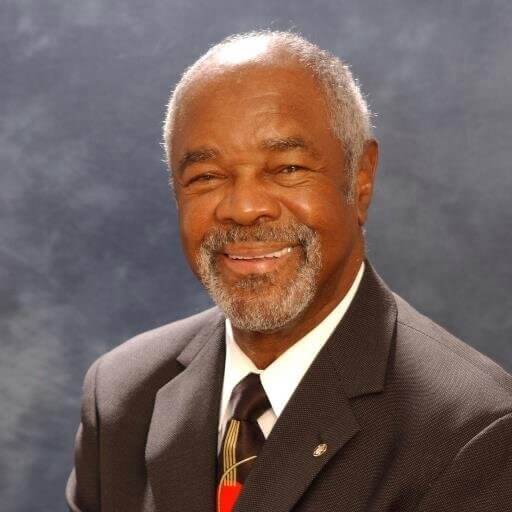Black History Month is a time to honor the significant contributions of Black Americans, reflect on their struggles and triumphs, and recognize the leaders who’ve shaped our present and continue to inspire future generations. At the FOMA, we take this opportunity to celebrate Black leaders in osteopathic medicine who broke barriers and paved the way for greater diversity and inclusion within the profession.


William G. Anderson, DO Barabara Ross-Lee, DO
Throughout the month, FOMA reflects on the remarkable achievements of influential Black figures, including Meta L. Christy, DO, the first Black woman to earn a Doctor of Osteopathic Medicine degree from the Philadelphia College of Osteopathic Medicine in 1921. Her historic achievement shattered barriers for Black women in the field and remains an inspiration to this day. We also highlight William G. Anderson, DO, the first Black president of the American Osteopathic Association (AOA). Dr. Anderson worked alongside Dr. Martin Luther King Jr. and became a strong advocate for increasing diversity in medicine. Barbara Ross Lee, DO, sister of singer Diana Ross, made history as the first Black woman to become a medical school dean, leading the Ohio University College of Osteopathic Medicine and influencing medical education and health policy for generations to come. Other notable figures, such as Kenneth C. Johnson, DO, Willie T. Richardson, DO, and Carlton Young, DO, have all dedicated their careers to advocating for minority representation, health equity, and diversity in osteopathic medical education, leaving a lasting legacy of progress.
At FOMA, we honor Black History Month by not only recognizing these extraordinary individuals but also by continuing to promote diversity, equity, and inclusion in all aspects of our work. We celebrate the contributions of Black professionals in osteopathic medicine and remain committed to ensuring that the future of the profession reflects the diverse communities it serves. Black History Month serves as a powerful reminder of the progress we've made and the work that still lies ahead in creating a more inclusive and equitable healthcare environment for all.
